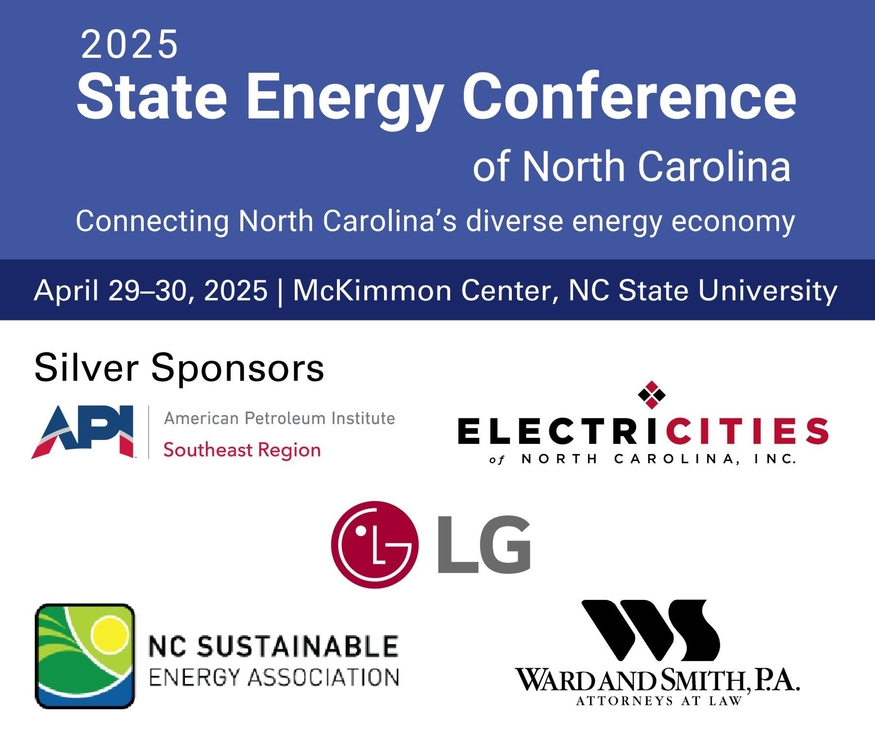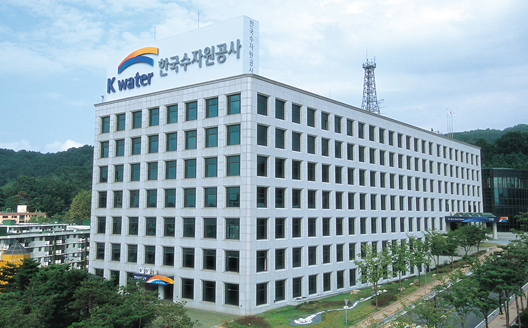
The European Union (EU) is reinforcing energy efficiency across the construction sector as part of its broader strategy to combat climate change.
According to a report released on April 4 by the Korea Research Institute of Construction Industry (KRCI), a Seoul-based public think tank specializing in construction policy and industry research, the EU is pushing forward its climate agenda through the European Green Deal-a framework aimed at achieving a sustainable economic transition across the region.
A key initiative under this policy is the Renovation Wave, which targets improvements in the energy performance of existing buildings. The program aims to reduce energy use and greenhouse gas emissions by upgrading outdated structures.
The EU is also applying its Emissions Trading System (ETS) to the construction sector. Additionally, regulations such as the Construction Products Regulation (CPR) and national-level Energy Performance of Buildings Directives (EPBDs) are designed to enhance circularity in the use of energy and materials during building renovation and maintenance processes.
KRCI noted that the EU’s construction policy takes a broad ecosystem view of the industry. It encompasses not only on-site construction work, but also the manufacturing of building products and materials, as well as the operation, maintenance, and refurbishment of built environments.
















